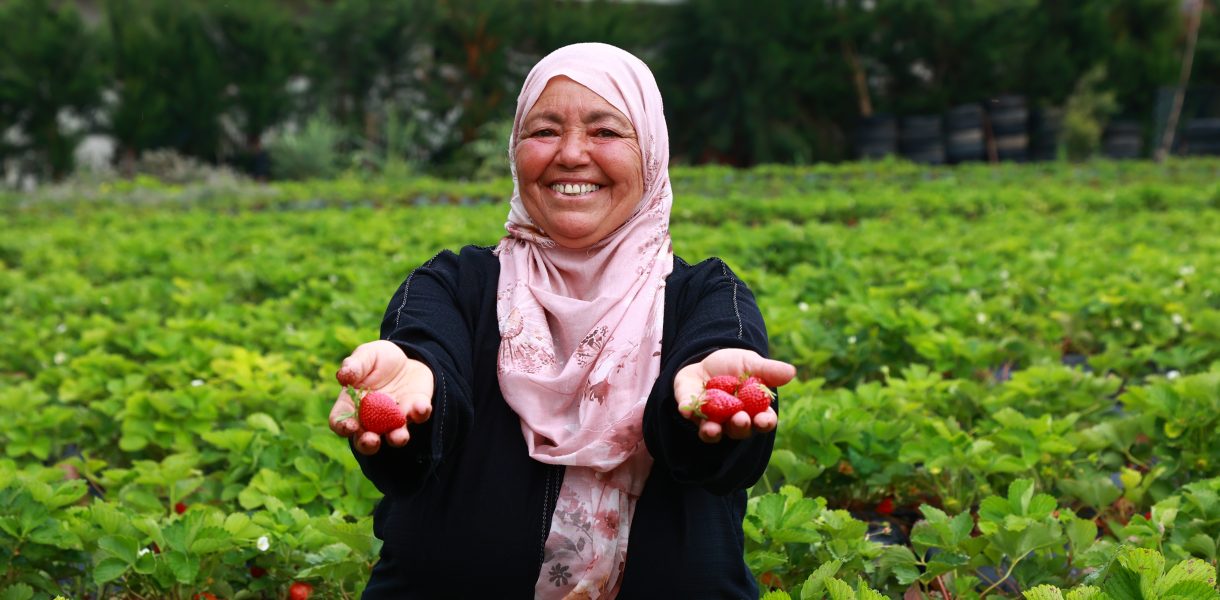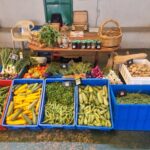Every year on October 15, the world comes together to celebrate International Day of Rural Women, a moment to honor the essential role that rural and Indigenous women play in shaping sustainable food systems, protecting biodiversity, and driving community development. Established in 2007 through a resolution of the United Nations General Assembly, this day recognizes their critical contributions to agriculture, rural development, food security, and poverty eradication.
The Power and Resilience of Rural Women
Rural women are at the heart of global food systems. They produce around half of the world’s food, care for the land, and sustain their communities. Yet, they continue to face persistent inequalities: limited access to land, credit, markets, and agricultural inputs; lower prices for their products; and fewer opportunities to participate in decision-making processes.
These barriers are not just economic. Social norms, discriminatory practices, and inadequate access to education, healthcare, and technology make it harder for rural women to thrive. Their labor is often undervalued, invisible, and unpaid, despite being essential to community well-being and resilience. Data consistently shows that rural women fare worse than rural men and urban women on nearly every gender and development indicator.
This Year’s Theme: The Rise of Rural Women
The 2025 theme, “The Rise of Rural Women: Building Resilient Futures with Beijing+30”, is a call to action. It urges governments, organizations, and communities to recognize rural women as leaders and decision-makers, not just contributors. It highlights the need to:
- Strengthen social protection systems.
- Bridge the digital divide.
- Promote women’s participation in leadership and decision-making.
- Ensure equal access to resources, opportunities, and recognition.
This aligns with the goals of the Beijing Platform for Action, which emphasizes eradicating poverty, advancing climate justice, and achieving full participation for all women and girls in sustainable development.
Challenges That Persist
Despite progress, rural women continue to face significant barriers:
- Education gaps: Many girls drop out of school after secondary education.
- Economic exclusion: A majority work in agriculture but rarely benefit economically from their labor.
- Gender norms: Outdated traditions, domestic violence, and patriarchal power structures limit women’s agency.
- Political participation: Representation in local institutions has increased, but real decision-making often remains in the hands of male relatives.
These challenges highlight the need for deeper structural change, beyond policy announcements.
Building the Future Together
Real change requires more than isolated initiatives, it calls for a shift in attitudes, stronger implementation of laws, and sustained investment in rural women’s empowerment. Some key actions include:
- Expanding access to education and training.
- Ensuring that government schemes and financial resources reach women in remote areas.
- Promoting gender equality and respect in households and communities.
- Increasing sensitivity and support from public institutions.
- Creating more opportunities for women to access digital tools and technology.
Honoring Rural Women — Every Day
International Day of Rural Women is more than a celebration, it’s a reminder that women are powerful agents of change. Their leadership is essential to ending poverty, achieving food security, and building climate-resilient communities.
To truly honor them, we must work collectively to dismantle structural barriers, amplify their voices, and ensure their rightful place at every decision-making table.






